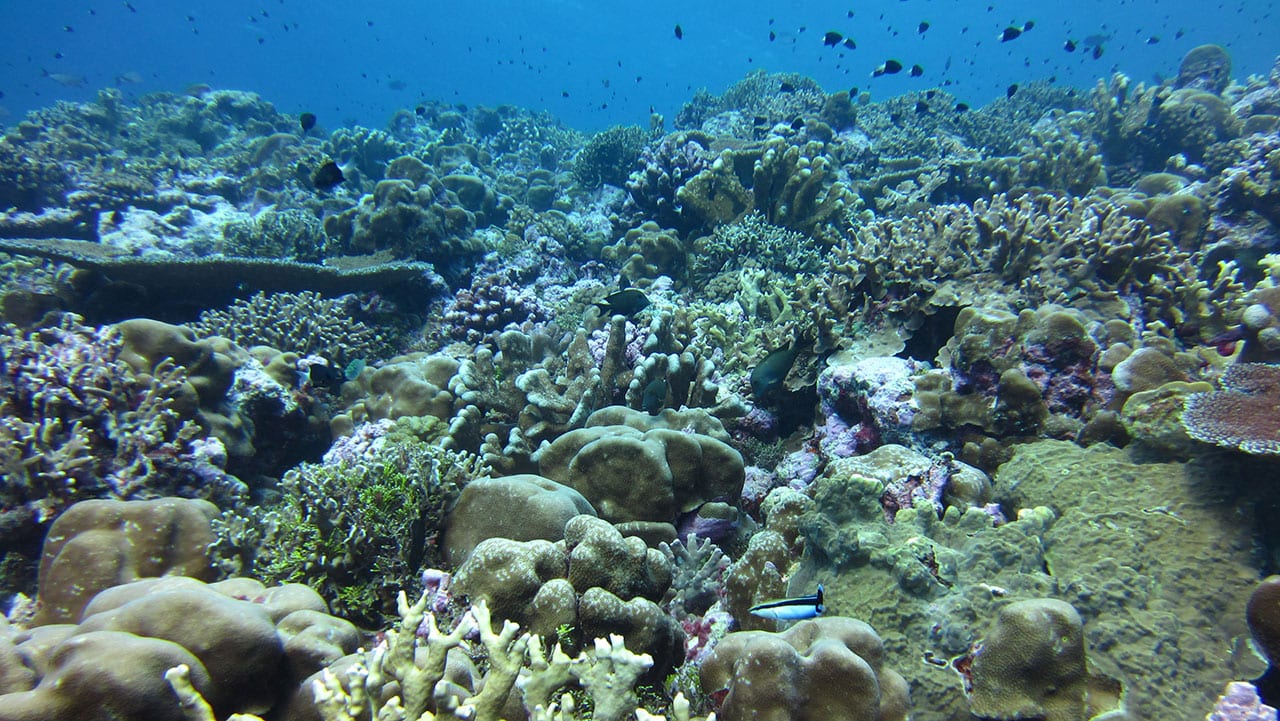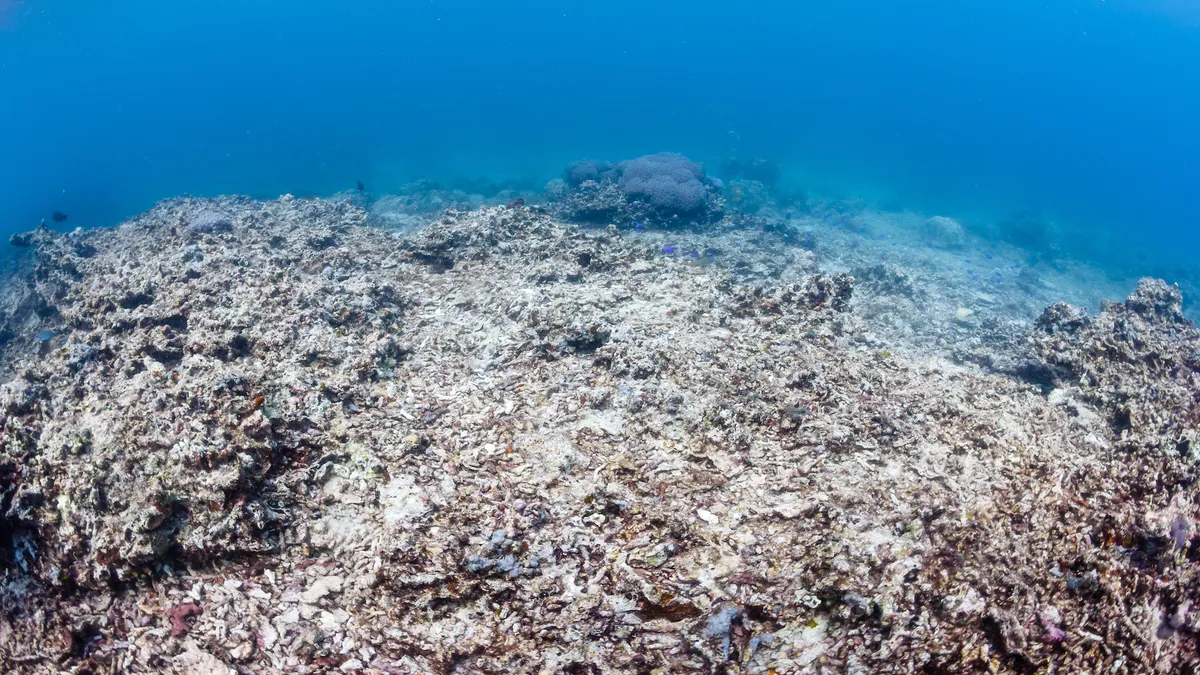Oceans are Acidifying at the Fastest Rate in Millions of Years: The Devastating Effects and Possible Solutions
Introduction
The oceans are essential to life on Earth. They cover more than 70% of the planet's surface and provide a wide range of benefits, including food, recreation, and climate regulation. However, the oceans are facing a severe threat in the form of acidification. The acidity of the oceans has increased by about 30% since the Industrial Revolution, and it is now at the highest level in millions of years. This rapid acidification is caused by human activities, and it has the potential to cause significant harm to marine life and ecosystems. In this blog post, we will discuss the causes, effects, and potential solutions to ocean acidification.

Causes of Ocean Acidification
The main cause of ocean acidification is the release of carbon dioxide (CO2) into the atmosphere. The CO2 is absorbed by the oceans, where it reacts with water molecules to form carbonic acid. This increase in acidity can have a wide range of negative effects on marine life and ecosystems.
Anthropogenic activities such as burning fossil fuels, deforestation, and industrial processes are the primary sources of CO2 emissions. The burning of coal, oil, and natural gas releases large amounts of CO2 into the atmosphere, which is then absorbed by the oceans. Deforestation also contributes to ocean acidification because trees absorb CO2 as part of the process of photosynthesis. When trees are cut down, they no longer absorb CO2, and the amount of CO2 in the atmosphere increases.

Effects of Ocean Acidification
Ocean acidification can have a wide range of negative effects on marine life and ecosystems. One of the most significant effects is on the ability of marine organisms to produce and maintain their shells and skeletons. Many marine organisms, such as corals and shellfish, use calcium carbonate to build their shells and skeletons. However, as the acidity of the oceans increases, it becomes more difficult for these organisms to produce and maintain their shells. This can have a significant impact on their survival and reproduction.
Another significant effect of ocean acidification is on the food chain. Many marine organisms, such as phytoplankton and zooplankton, are at the base of the food chain. If these organisms are affected by acidification, it can have a ripple effect throughout the food chain, ultimately affecting larger organisms such as fish and mammals.
Ocean acidification can also have an impact on the biodiversity of marine ecosystems. As acidity increases, some species may be able to adapt and survive, while others may not. This can lead to a decrease in biodiversity, which can have a significant impact on the overall health of marine ecosystems.

Examples of effects of ocean acidification
Coral reefs are one of the most significant habitats on earth, providing food, income, and protection to hundreds of millions of people around the world. However, ocean acidification is making it increasingly difficult for coral reefs to survive. As the acidity of the oceans increases, it becomes more difficult for coral reefs to produce and maintain their skeletons. This can lead to the death of coral reefs, which can have a significant impact on the biodiversity and productivity of marine ecosystems.Oysters are one of the most important commercial shellfish species, providing a valuable source of food for human populations. However, ocean acidification is making it increasingly difficult for oysters to survive. As the acidity of the oceans increases, it becomes more difficult for oysters to produce and maintain their shells. This can lead to a decrease in oyster populations, which can have a significant impact on the fishing industry and food security.
Fish and other marine animals that have calcified structures such as scales and fins, also suffer from ocean acidification. These structures can become weaker, making the animals more vulnerable to predators and disease. Studies have shown that acidification can also affect the behavior and development of fish, making them less able to find food and reproduce.
Plankton, microscopic plants, and animals that form the base of the marine food web are also affected by ocean acidification. As acidity increases, the growth and survival of these organisms can be hindered, which can have a ripple effect throughout the food web. This can lead to a decline in the populations of larger animals such as fish and whales, which rely on plankton for food.
Ocean acidification can also impact the diversity of marine ecosystems. As acidity increases, some species may be able to adapt and survive, while others may not. This can lead to a decline in biodiversity, which can have a significant impact on the overall health of marine ecosystems.
Possible Solutions
To combat the effects of ocean acidification, it is essential to reduce the amount of CO2 that is released into the atmosphere. One of the most effective ways to do this is to reduce the use of fossil fuels and increase the use of renewable energy sources such as solar and wind power.Another solution is reforestation, afforestation, and conservation of existing forests, which absorb CO2 as part of the process of photosynthesis. This will not only help to reduce the amount of CO2 in the atmosphere but also help in conserving biodiversity.
Another way to address ocean acidification is to develop more sustainable fishing practices. This can include measures such as reducing bycatch (the accidental capture of non-target species) and implementing fishing quotas to ensure that fish populations are not overfished.



